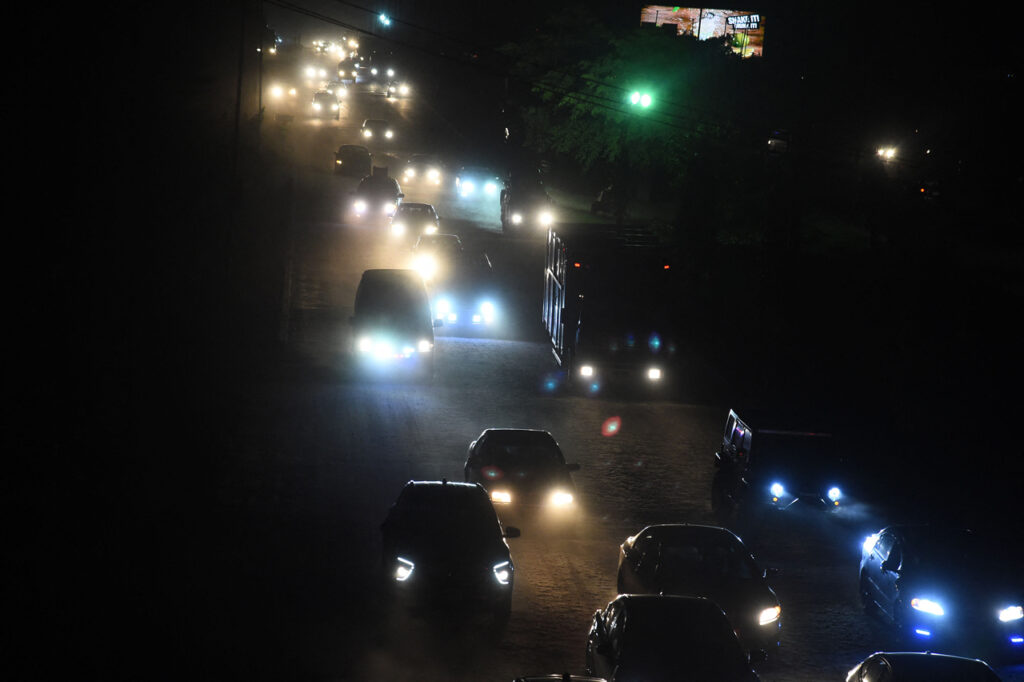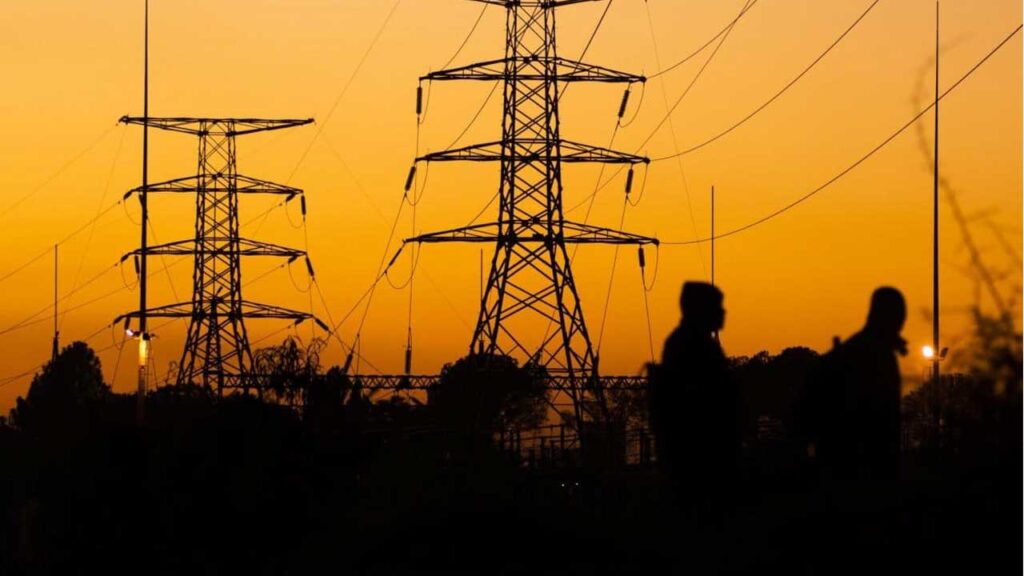
Coming at a time when countries like Tanzania are shutting down power plants due to excess electricity, Nigeria is experiencing the opposite problem.
Despite possessing significant hydroelectric potential, Nigeria’s energy generation capacity remains underutilized, leaving millions of Nigerians without access to reliable electricity.
As Nigeria grapples with its energy deficit, stakeholders are urging the government to prioritize reforms that will ensure reliable and affordable electricity for all citizens. By taking decisive action to address the country’s energy challenges, Nigeria can unlock its economic potential and improve the quality of life for millions of Nigerians.
The Labour Party Presidential Candidate in the 2023 general elections, Peter Obi stated via his X handle that Tanzania’s decision to shut down five hydroelectric stations was driven by the realization that their electricity production was already sufficient to power their major cities and provide electricity access to rural areas.
Expressing his frustration, he wondered how Nigeria couldn’t manage to power even one major city while Tanzania had succeeded in powering all of theirs.
He mentioned a World Bank report indicating that strong political will and commitment have been key factors in the rapid increase in electricity access in Tanzania. According to the report, electricity access has risen from seven per cent in 2011 to nearly 40 per cent in 2020 during which approximately 75 per cent of urban residents gained access to electricity, while about 25 per cent of rural areas gained access.
“A similar report, in June 2023, showed that about 70 per cent of 40 million Tanzanians living in rural areas have received access to electricity, signifying a monumental growth in the sector, while regrettably, Nigeria’s situation remains the opposite. In Nigeria, 60 per cent of our over 200 million people live without access to electricity, according to a 2022 Energy Progress Report.
“Considering the economic loss resulting from the lack of access to electricity in our nation, which remains immeasurable and with the recent electricity tariff increase, one would expect that we would be able, at least, to power one major city in each geo-political zone soon, and increase our overall access both in the urban and rural areas,” he said.
He urged the government to overhaul and revitalise the sector for the benefit of the nation, emphasizing that if Tanzania could achieve such a significant milestone in power generation, then Nigeria could do even better with competent and committed leadership. He added that a stable power sector is crucial for Nigeria’s journey to a New Nigeria.
The National Coordinator of All-Electricity Consumer Protection Forum (AECPF), Adeola Samuel-Ilori, told The Guardian that the pursuit of improvement led to privatisation, but unfortunately, the foundation was undermined, failing. He pointed out that Tanzania’s example demonstrated a country with a clear purpose and a serious commitment to the welfare of its people.
He emphasised that instead of the regulatory body focusing on infrastructure development and investment in the Distribution Companies (DisCos), they approved unjustified tariff increases despite the prevailing lack of electricity, abandoning any established processes, noting that when it comes to capital investment to improve service, they still shift the burden onto consumers as third-party investment, described this as a tragedy and an unprecedented practice.
He added that Tanzania has demonstrated that reliable electricity is achievable when a country has purposeful leaders who prioritize the welfare of the people and the nation’s well-being.
“The intention of privatisation was good but the implementation of sharing common patrimony led us here in that they failed to follow the rules and gave it to their cronies. If you see the list of those who “purchased” the sector you will know this is not private but mere nomenclature, hence there will be underinvestment and no investment at all since fork beginning the goal is not to achieve but to further patronised their cronies and make them Rich at our expense.
“The privatisation was a Fraud designed to fail since the capital layout and professionalism/ technical ability were not the reason for the sales. Therefore, we should dismantle it and start again to have the desired results rather than to patch it and end nowhere,” he said.
He emphasized that fixing power in Nigeria would unlock economic opportunities and solve more than half of the economic challenges and unemployment rates, noting that poor power supply is a major factor contributing to the economic problems and hyperinflation experienced today.













